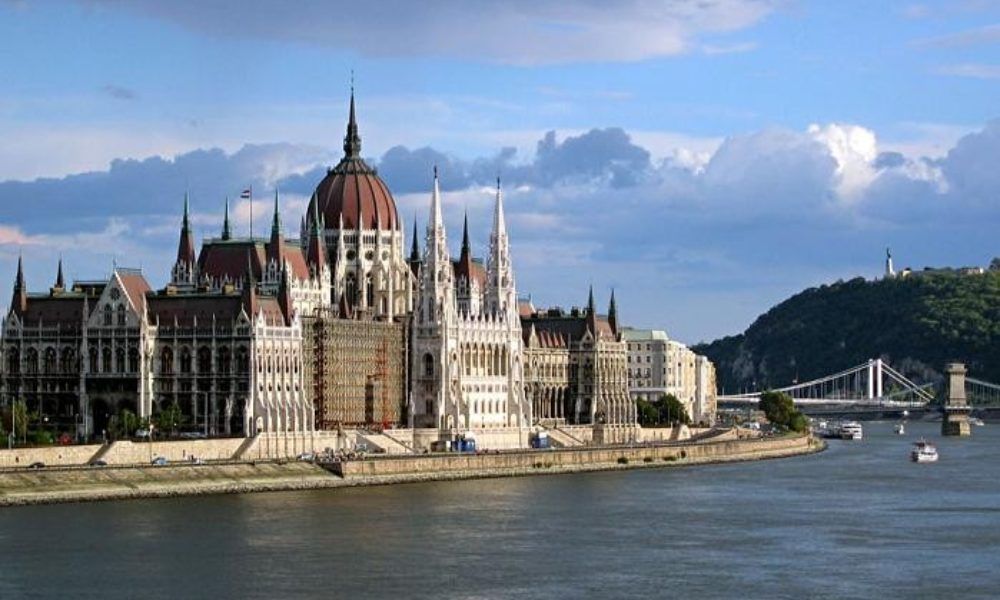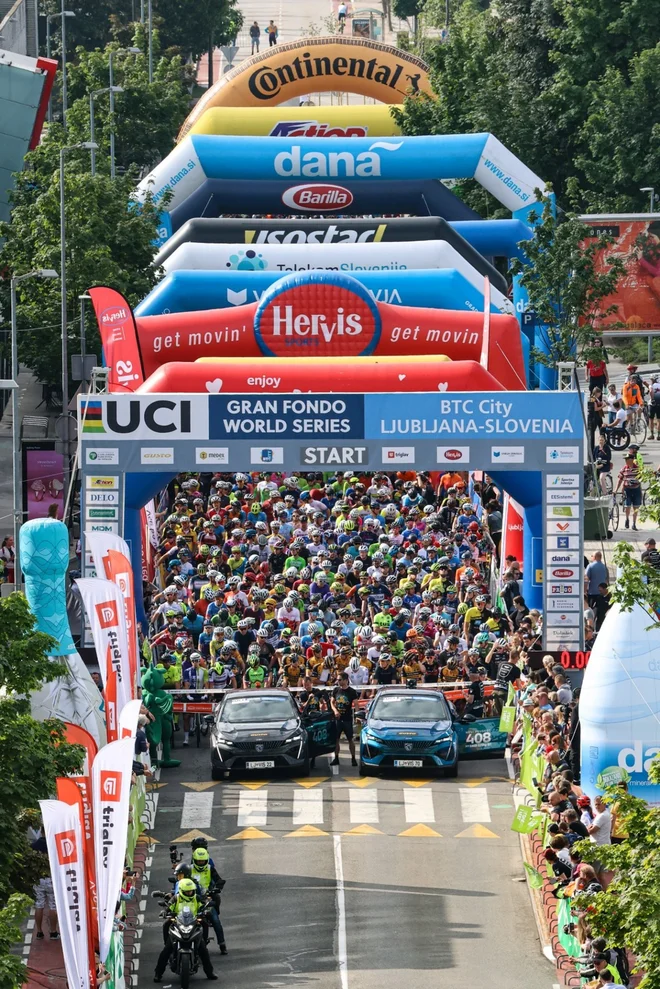In the overseas, living together-Liberation

Faced with the distrust of citizens vis-à-vis the State, institutions or politics, what role can local communities play? Such was the object of a conference organized in Rouen by the national center of the territorial public service. An event that Release is a partner.
She is aware of having created « A small bubble ». Anne-Julie Brutout’s choir brings together nearly 90 singers, who repeat every week under her playful direction, in the north and west of Reunion. The metropolitan, who lived ten years in Mayotte and whose father of her two children is Comorian, has a small majority of Creoles in his choir, « Cafres, Malbars, Chinese, Whites … », The rest of the altos and other tenors are from metropolitan area. The repertoire alternates between Creole songs, world music, in French, English, African dialects … This living together, which extends on weekends during picnics, the choirman believes that it would be illusory in mainland France, where « It is more difficult to pass the barrier from different cultures ». According to her, « The Reunionese have an opening of mind » which dates back to their culture and their history.
The existence of the interreligious dialogue group of Reunion, which brings together the representatives of all the confessions present in Reunion, where the muezzin call mixes with the bells of the churches, where Hindu also pray to the Virgin Mary, is an additional illustration of this communion, so often celebrated in media speeches and tourist publications.
Thierry Malbert, professor of anthropology at the University of Reunion, abounds when he makes the link between the interbreeding of the population and, « From the end of the 20th century »live it together. « I am at peace with the other, because there is necessarily part of the other in me, because of my parentage », he recalls about Reunionese. To those who blame the concept of living together « A bisounours vision of society », He retorts: « It does not exclude neighborhood quarrels and conflicts. » But the stigma from which the Mahoran community suffers far exceeds this framework … since Cyclone Chidowhich ravaged the archipelago in December 2024 and led a few hundred Mahorais to come and settle in Reunion, the diatribes are constantly raining.
During a demonstration against « Rapoted delinquency », In January before the prefecture of Saint-Denis, some even dared to compare the Mahorais to « Sewer rats ». If the tensions are lively in Reunion, they are nothing in view of the intervillating gang wars in Mayotte, where minors are arranging machetes, while their parents expel the children of Comorian immigrants from the schools, burn or dismantle the fortune shelters, often in an irregular situation, expel the asylum seekers of their fortune…
It is in this context that we must hear the radical discourse of activist Mireille Fanon-Mendès-France. For the former president of the United Nations group of experts on people of African descent, « There can be no living together when blacks are considered to be sub-beings. » Shocking words that the daughter of the revolutionary Frantz Fanon, whose foundation she presides over, justifies by evoking the situation of Martinique: « Blacks were torn from Africa, enslaved in the Antilles, then forced to leave their adoption island to try, like migrants, to live more in mainland France. » She questions: « How to speak of living together, the great lie of the Republic, when the land does not belong to those who cultivate it, but to the Békés (Large white owners, editor’s note) Who acquired them by theft and blood? A crime which was then legitimized, since the Békés were compensated during the abolition of slavery! ” THE manifestations against expensive lifewho degenerated into riots between September and November 2024, in Martinique and Guadeloupe, would therefore be only the expression of « The fight against capitalism built on racialization ».
This reading is not that of Jean-Marie Wadrawane, curator at the Institute of Archeology of New Caledonia and the Pacific. In a platform in the worldin 2020, he denounced « The speech of victimization of the Caledonians of Kanak origin which would be the abandoned of the colonial state ». According to the archaeologist, it would be « An absolute counter-truth ». Jean-Marie Wadrawane, on the contrary, assures that the neo-Caledonians are « More and more numerous to no longer register in historical, family or ethnic loyalty ». And conclude: « Every day, we work concretely to live it together and common destiny. »
Las, four years later, the project to widen the electoral body for the provincial elections caused the anger of the separatist Kanaks. The protest turned to the revolt In May 2024, the state of emergency was declared. We count fourteen killed by bullets. A tragedy that led Sonia Backès, president of the assembly of the southern province (right, anti-independence), to declare, last July: « Our biggest loss is that of the hope of living together. » The former secretary of state responsible for citizenship in the government of Elisabeth Borne even assured: « Like the oil and water that do not mix, the Kanak world and the Western world have, despite 170 years of common life, unsurpassable antagonisms. »
A severe observation that many media are trying to soften. The television channel Guadeloupe the 1stby taking up the manifesto of the writer Patrick Chamoiseau, has just devoted A series of podcastswith hope that « The planet of our living together does not accommodate any minoration, any forgotten people, of no indignity ». For their part, the groups of the group France Antilleskeep using their articles at the end « live together ». It is to be feared that this editorial line remains to this day in the state of vow.




/s3/static.nrc.nl/images/gn4/stripped/data133212332-41b949.jpg)


